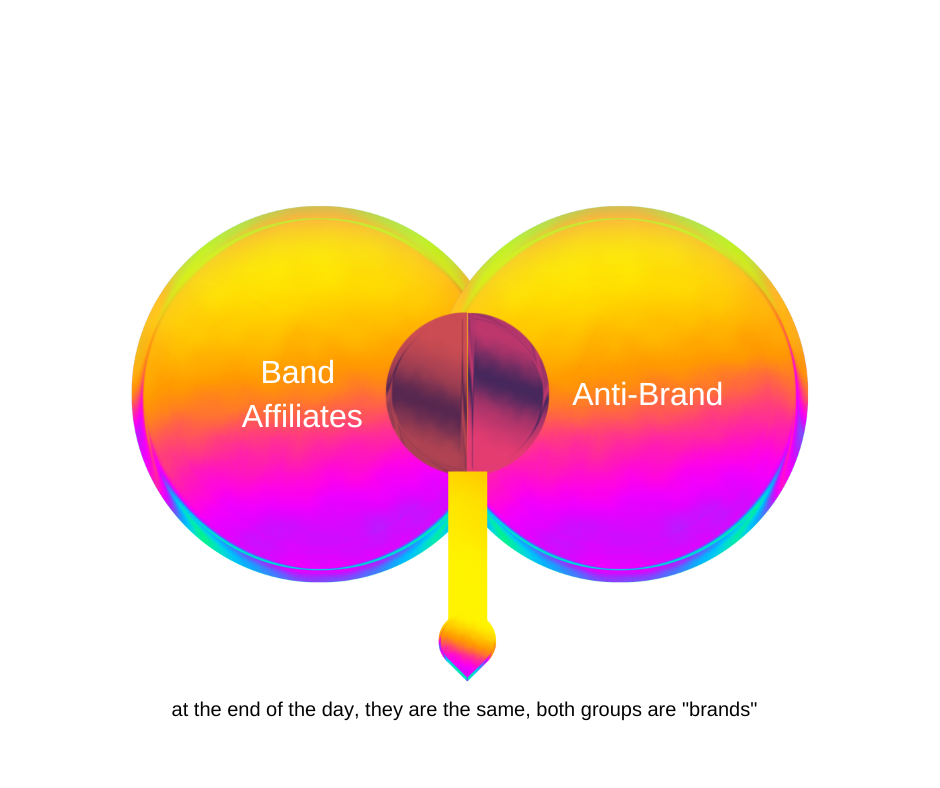Identities and Brands
Why would you go out of your way or just be fixated on buying a pair of Levi’s jeans over any other standard denim jeans? When you make that purchase decision, what’s going on in your mind?
In 2008, Duke University ran an experiment that had 341 university students participate in a visual acuity task. They flashed the Apple and IBM logos so quickly to their eyes, unaware they were exposed to them. The participants then completed a task designed to test out how creative they were, listing what they could do with just a brick, apart from just building a wall.
Results:
People who were exposed to the Apple logo generated significantly more unusual uses for the brick compared with those who were primed with the IBM logo, they also performed better on creative tasks.
Why:
“1984” is an American television commercial introducing the Apple Macintosh personal computer.
Apple does an immense job of convincing you that they are made for the creative personals, amongst many other ideas. That’s how much calibre they have as a brand and not just Apple, most upper-echelon brands all over the world.
They influence so much of our behaviour to the point where they alter so much of who we are as individuals and have ripple effects on the people around us, which goes beyond their touchdown — sales.
When you decide to go for a brand - say it’s Nike or New Balance, you are going after creating an identity for yourself because another pair of eyes will make an impression on who you are.

Considering where you are in life, your beliefs and your principles, you will pick one - with consistency. And this is where you plunge deep into the brand, and your identity syncs with it; you ménage and change how you behave. From advocating them to raising hands against those who talk down on your choices because you are getting attacked on a personal level as well - that’s the kind of cohesion you have with the brand. Almost to the level where it’s normal to bring brands and people into the same circle as we relate to both in the same way (there are studies to back this up).
Most of us don’t realise we are in a trance state when choosing brands because they have some kind of self-expressive value.
As minimal as understanding and being aware of the influence that brands hold on us can be powerful. A simple question like, ‘Why am I buying from this brand of product?’

It’s important to realise that it has reached the point where we treat them as pillar brands. Maybe a modern take on religions or communities, and that’s what they want as well.
A brand that has a why (a purpose and belief) will always have loyal customers that share the same beliefs.
Here’s what you might be thinking now “We’re all aware of this but don’t want to accept it.” But I have a different take. I think we all accept this but don’t want to be aware of it.